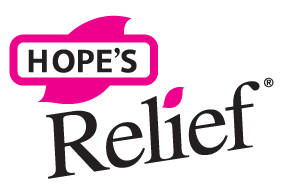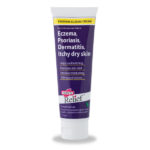
Warm weather, the Australian sun, school holidays and eczema can signal thoughts of worry if your child suffers from dry, itchy skin. Will the sun affect my child’s eczema – will it make it worse or better? Will sunscreens aggravate my skin? Will the water make my child’s skin dryer? With a few steps and precautions, the holiday period can still be enjoyable for everyone.
Sunscreens
Protecting your child’s skin from harsh rays is obviously a necessity and there are certain sun screens that are more suitable for eczema sufferers. There are mineral and chemical sunscreens – mineral are generally best as they don’t absorb into the skin but rather sit on the surface, making them less irritating. Reading the ingredient list on the label is essential to avoid fragrances, preservatives, parabens and Benzophenones. Try patch testing sun screens on an area of eczema free skin and check in a few hours. If there is no reaction, try testing a small area of eczema affected skin before using it on a wider area.
If your child does experience sunburn or over exposure, Hope’s Relief Premium Eczema Cream and Moisturising Lotion are ideal natural formulas to soothe and relieve the skin.
Water
Some sufferers have reported the benefits of bathing in the sea, however salt on broken skin can be uncomfortable. Chlorine in swimming pools can also irritate eczema. Apply an emollient cream before swimming, then gently wash the skin with cool or luke-warm water and reapply immediately after swimming.
Emollients
Emollients (non-cosmetic moisturisers which come in the form of creams, ointments, lotions and gels) are an absolute most for eczema sufferers. This is not only to soothe and calm symptoms but also to hydrate and form a barrier to protect the skin, allowing it to heal while keeping irritants from entering the skin. Apply on average 3 times a day, or more if your child is feeling the effects of changes in humidity, heat, air-conditioning or swimming.
Cool clothing
Keep your little one cool and comfy in light, loose, cotton clothing that will protect them from the sun without irritating like wool based or synthetic blends.
Sun safety
A sunburn on top of eczema is an unwanted mix. Take care in the sun to avoid over exposure and remember ‘S.H.A.D.E’
Seek the shade between 11am – 3pm
Hats on with wide brims and neck protection
Apply SPF 30 or above
Don’t burn
Exercise care
Hot climates will increase the risk of secondary skin infections developing. Keep the skin clean and observe for signs of infection. Seek medical help immediately if an infection occurs.
By sticking to these general tips, we hope you enjoy a fun and happy school holiday period with minimal symptoms or flare-ups.



